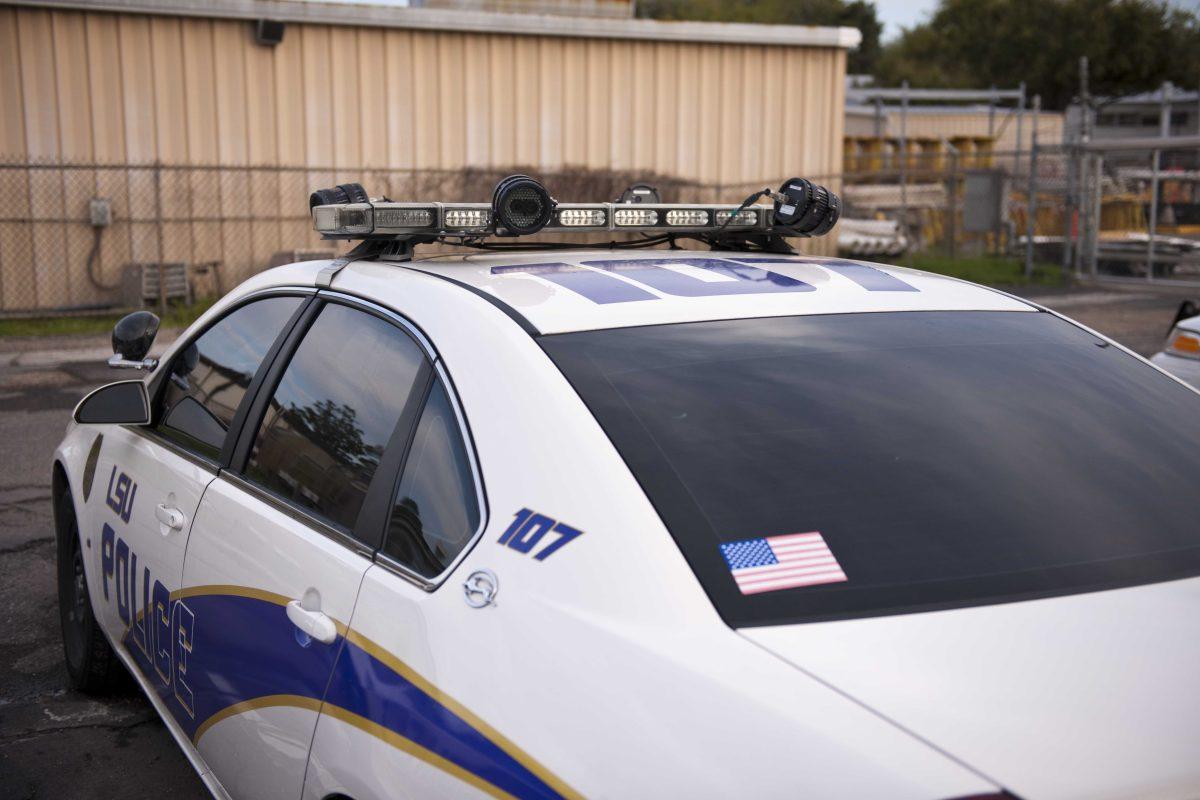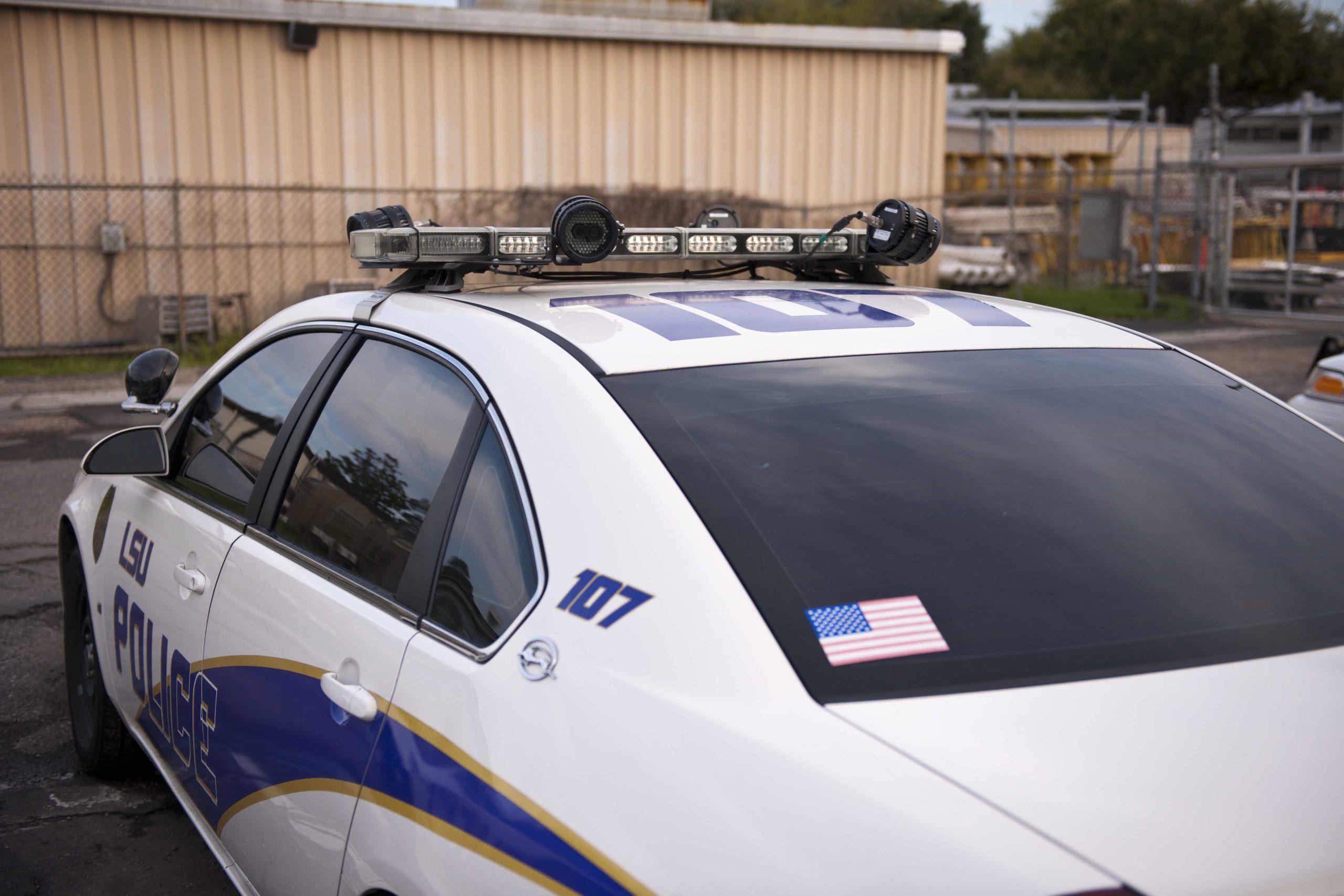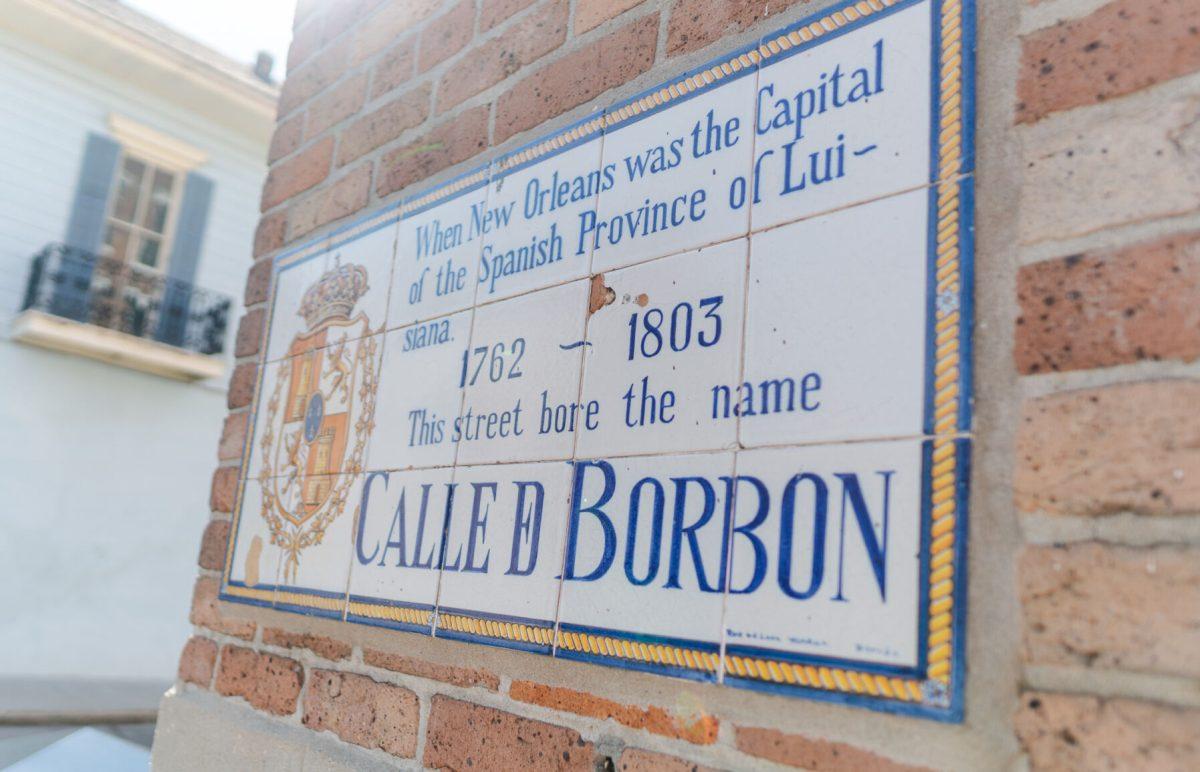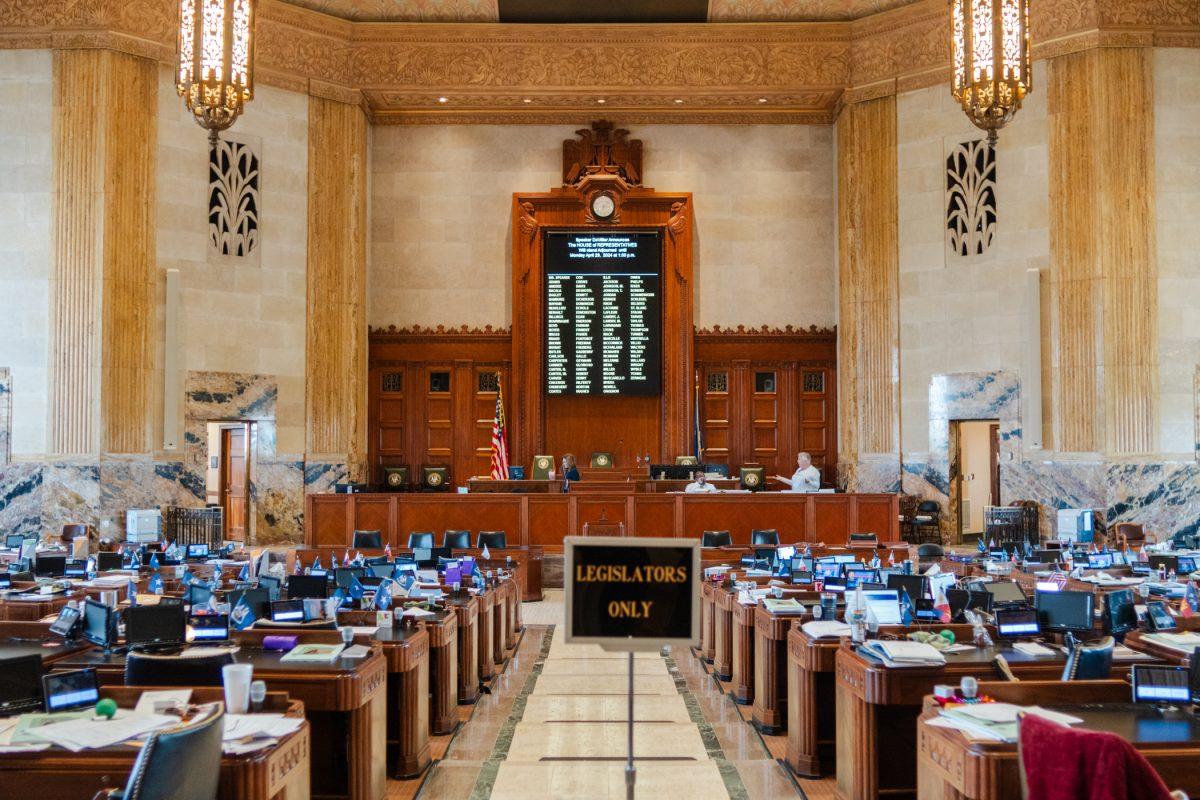Gunfights, helicopters and high speed chases come to mind when thinking of policing, but the men and women of the LSU Police Department face a much more modest type of work.
A shift at LSUPD is 12 hours, so for a night shift, that means officers report in uniform for their shift briefing a little before 7 p.m.
The briefing is a time for the seven officers going on patrol to relay information from one shift to another. After the briefing, the officers grab their patrol bags with their paper work and other necessities for the night and head to their cars, LSUPD spokesman Capt. Cory Lalonde said.
Another five officers on overtime are positioned at different areas on campus for added security, but paid for by the different entities such as Greek Life and the Paul M. Hebert Law Center.
The Daily Reveille rode along with Lalonde to understand what goes in to a night’s work at LSUPD.
“The unit is essentially our mobile office,” Lalonde said, meaning they have to make sure they bring everything with them.
Twelve hours is longer than a typical working shift, but the officers must stay alert to keep the campus safe.
Lalonde said not many of the officers fit the donut-eating stereotype, but coffee can be an essential for some officers on the night shift.
The officers spend their twelve hours patrolling campus “looking for anything out of the ordinary,” he said.
Some officers may creep the parking lots hoping to deter a burglar, others may take to the streets to keep pedestrians safe from speeders, and others may respond to a call to assist a couple of freshman who don’t know how to jump their car.
Lalonde emphasized the officers’ responsibility to serve the University community and keep students safe.
The University is a smaller area than what law enforcement typically serves, which changes the game a bit. Instead of spending most of their time responding to calls, officers have to be more proactive, Lalonde said.
Lalonde said many people may not realize what officers do on a regular basis, because it isn’t all car chases and drug busts.
“The majority of our job is paperwork,” he said, with a DWI typically requiring an average of 90 to 120 minutes of paperwork after the arrest.
Although much of their job involves community policing, Lalonde acknowledged that a situation could change in seconds.
Even during something as routine as a traffic stop officers have to be on full alert.
The car could be stolen, or the driver could be a fugitive, so it is important to approach each situation with care, he said.
A Night With LSUPD: Writer rides along with LSUPD officer for a night
December 5, 2013
The LSU police department is testing new equipment which automatically scans and pulls up data on nearby license plates.
More to Discover









